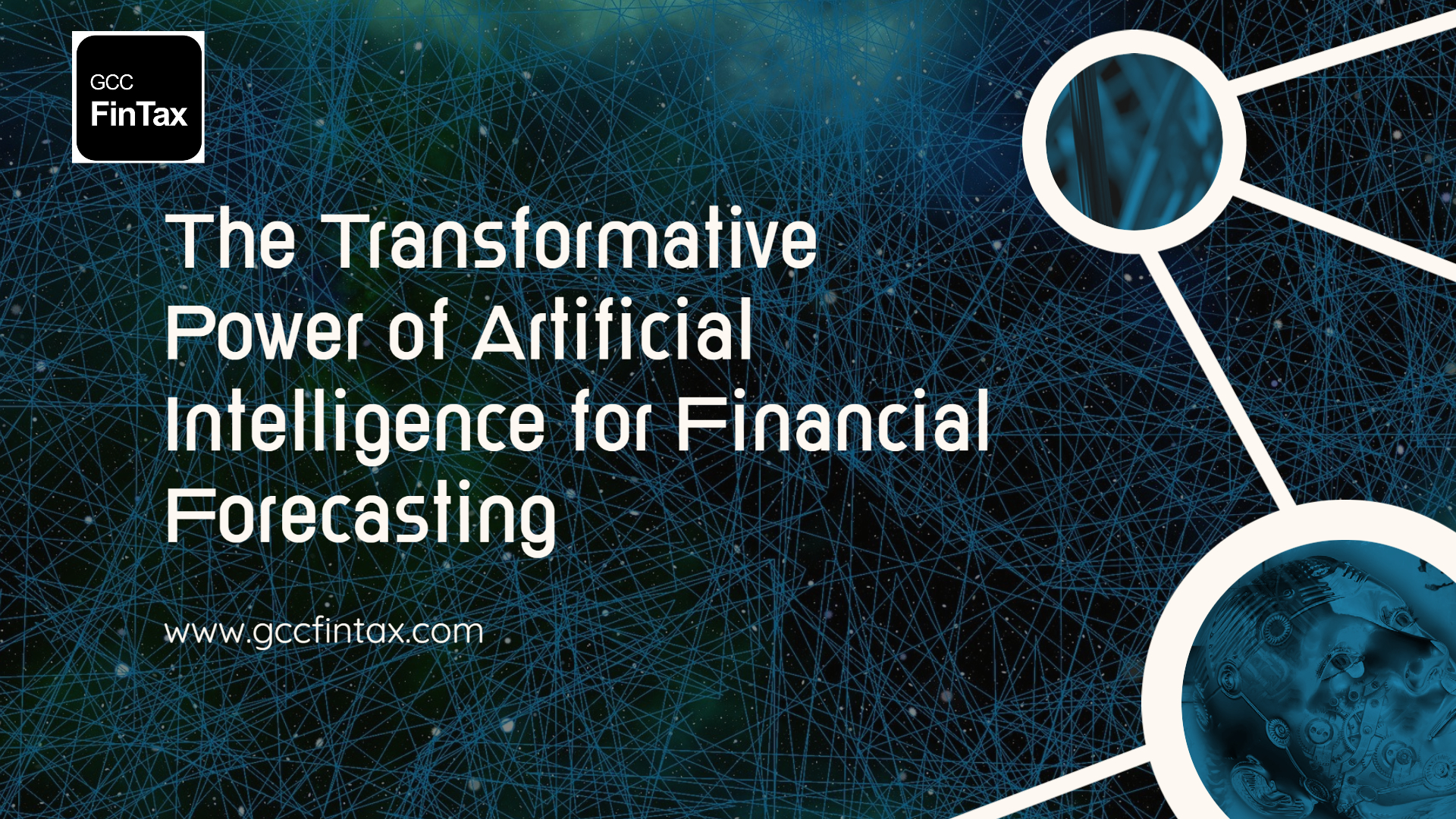
Artificial Intelligence (AI) has emerged as a game-changer in various industries, and its impact on financial forecasting is no exception. Traditional methods of financial analysis and forecasting often rely on historical data and human expertise, which can be time-consuming, subjective, and prone to errors. However, with the advent of AI, financial institutions and businesses are now equipped with powerful tools that can analyze vast amounts of data, identify patterns, and generate accurate forecasts with unprecedented speed and accuracy. This article delves into the transformative power of AI for financial forecasting and its potential to revolutionize the way organizations predict and plan for the future.
Enhanced Data Analysis: One of the key strengths of AI in financial forecasting lies in its ability to analyze massive volumes of data. AI algorithms can efficiently process structured and unstructured data from diverse sources such as financial statements, market trends, news articles, social media, and more. By uncovering hidden patterns, correlations, and anomalies, AI can provide valuable insights that enable more informed financial decision-making. This advanced data analysis helps forecast future market trends, evaluate investment opportunities, and mitigate risks effectively.
Real-time Market Monitoring: AI-powered financial forecasting systems can continuously monitor and analyze real-time market data. By integrating with various data sources and utilizing machine learning algorithms, AI can quickly identify market trends, volatility, and fluctuations. This real-time monitoring enables organizations to respond promptly to changing market conditions, adjust investment strategies, and optimize portfolio management. Consequently, businesses can gain a competitive edge by making timely decisions based on accurate forecasts.
Improved Accuracy and Efficiency: AI algorithms are designed to learn and adapt from data, resulting in improved forecasting accuracy over time. As more data is fed into the system, AI models can refine their predictions, detect subtle patterns, and adjust forecasts accordingly. Unlike human analysts, AI is not affected by biases or emotional factors that can cloud judgment. Moreover, AI-driven forecasting eliminates the need for manual data entry and repetitive tasks, freeing up human resources to focus on higher-value activities, such as strategic planning and risk management.
Risk Assessment and Fraud Detection: AI powered Financial forecasting can significantly enhance risk assessment and fraud detection capabilities. AI models can analyze historical data, identify patterns associated with fraudulent activities, and flag suspicious transactions in real-time. By continuously learning from new data, AI systems become more adept at detecting emerging risks and adapting to evolving fraud techniques. This proactive approach strengthens risk management practices and helps organizations minimize potential losses and reputational damage.
Personalized Financial Services: AI-driven financial forecasting can also benefit individual consumers by offering personalized financial services. By analyzing an individual's financial data, spending habits, and investment preferences, AI algorithms can provide tailored recommendations for budgeting, saving, and investment opportunities. This level of personalization not only improves the customer experience but also empowers individuals to make informed financial decisions aligned with their goals and risk appetite.
The transformative power of AI in financial forecasting is reshaping the way organizations anticipate and plan for the future. From enhanced data analysis and real-time market monitoring to improved accuracy, efficiency, risk assessment, and personalized financial services, AI-driven forecasting offers a myriad of benefits. However, it is important to recognize that while AI can significantly augment financial forecasting capabilities, human expertise and oversight remain crucial in interpreting and implementing the insights generated by AI models. As AI continues to evolve, its potential for transforming financial forecasting holds immense promise for businesses and individuals alike.